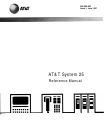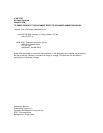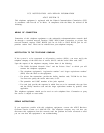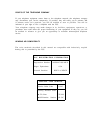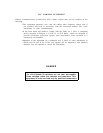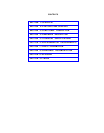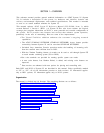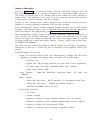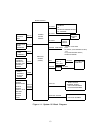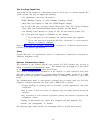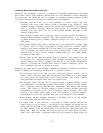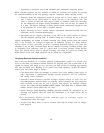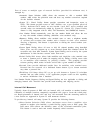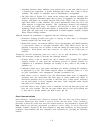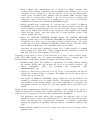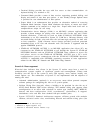System 25 Description
System 25 (Figure l-l) is an advanced digital switching system that integrates voice and
data communications. It not only provides the features of a state-of-the-art PBX, but goes a
step further by allowing data to be switched point-to-point without first being converted to
analog format.
This capability can be used to set up connections between data terminals,
word processors, personal computers, and host computers.
System 25 uses intelligent port circuits equipped with distributed network processor
elements to provide (essentially) nonblocking voice and data switching.
Voice communications features combine traditional telephone features, such as Call Transfer
and Hold, with advanced features, such as Individual and Group Call Coverage, Hands-Free-
Answer On Intercom, and Speed Dialing (see Section 2, “Features and Services”).
Data communications features provide switched data connections supporting transmission of
voice and data over Premises Distribution System wiring. Data connections can be made
between two digital data modules (asynchronous data units), two analog modems, or between
an analog modem and a digital data module.
Release 1 Version 2 (R1V2) also provides access
to STARLAN NETWORKs.
The system has data modules that provide an RS-232 interface for full duplex, asynchronous,
transmission of data up to 19,200 bps, and an integrated 212A-compatible modem pool
resource.
System 25 supports the following:
● Trunk and Network Facilities–Dual Tone Multifrequency (DTMF) and Dial Pulse
Signaling on incoming and outgoing trunks (dial pulse only on DID trunks).
—
Loop Start (LS)
—
Ground Start (GS) (Strongly Preferred over Loop Start in most installations)
—
Tie Trunks (Type I and Type I Compatible E&M, Type V Simplex)
—
Direct Inward Dialing (DID)
● Voice Terminals – Single-Line Touch-Tone, Single-Line Rotary (V2), MET, and
MERLIN®
● Data Facilities
—
Digital Data End Points – RS-232 Interfaces via Asynchronous Data Units
—
Analog Data End Points — Tip/Ring-Type Modem Interfaces
—
STARLAN NETWORK Access (V2 only).
● Networking Capability
—
Tie Trunks
—
Tandem Trunking
—
Endpoint in Electronic Tandem Network (Tributary only, not Satellite)
—
Endpoint of Enhanced Private Switched Communications Services (EPSCS)
—
Endpoint of Tandem Tie Trunk Network (TTTN)
—
Endpoint of Common Control Switching Arrangement (CCSA).
1-2



